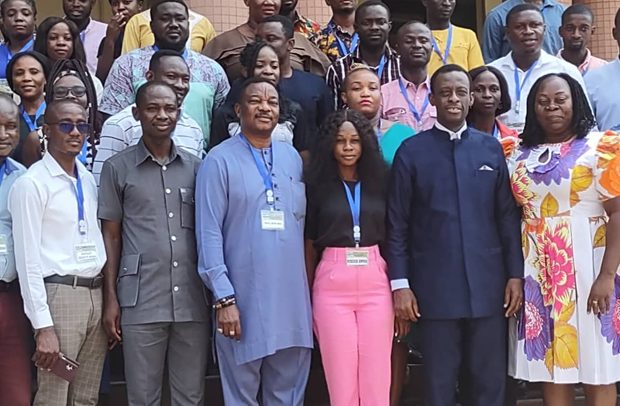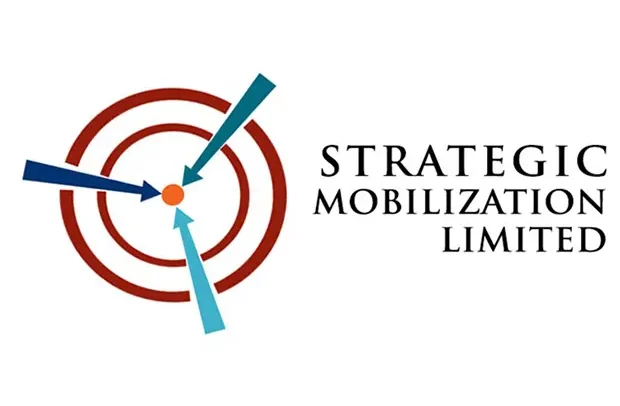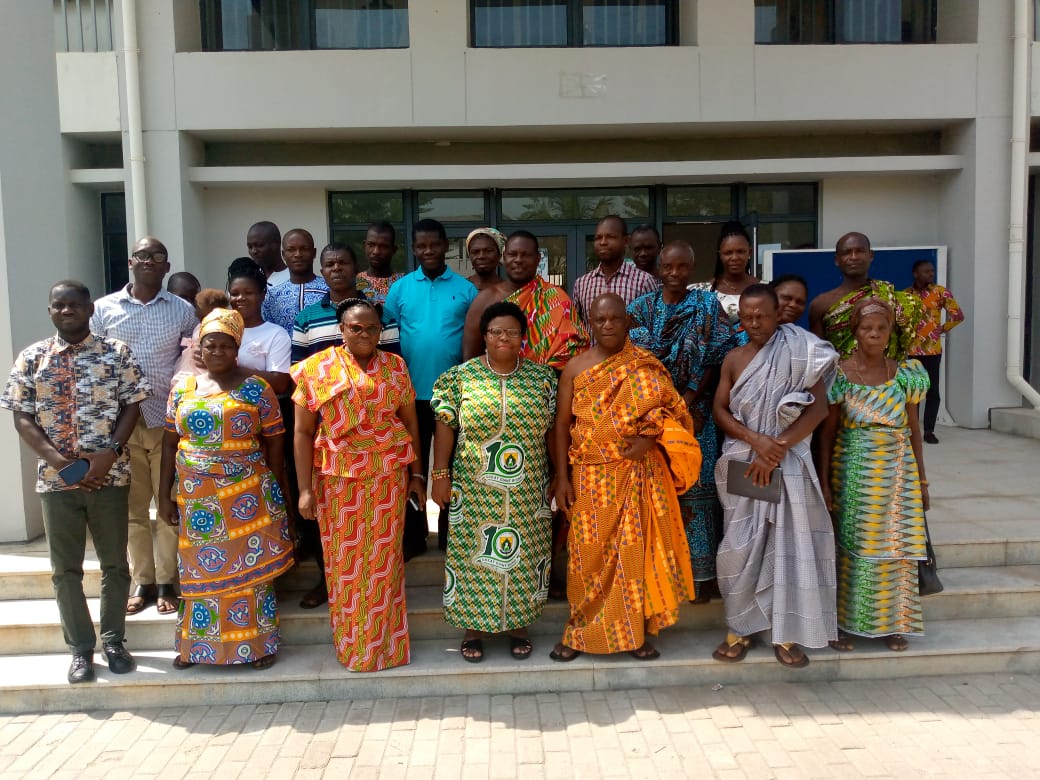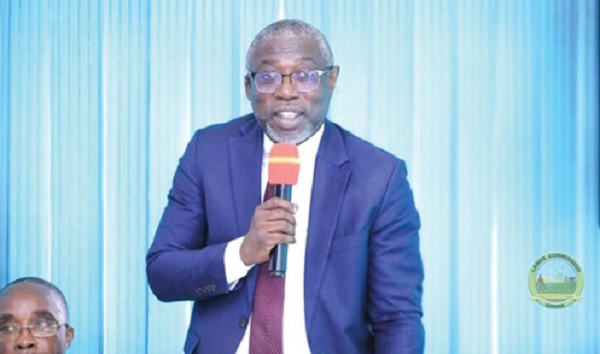
By Deborah Asantewaah SARFO
The country faces potential revenue loss as encroachment on the Ghana Radio Astronomy Observatory (GRAO) land in Kuntunse, Accra, disrupts critical research and satellite communication operations.
The facility’s location offers scientists across the world a unique opportunity to study the universe from within the country; and as a result, it has attracted huge investment and revenue from Viasat Inc., an American communications company, to establish its first ground-receiving station in the country.
However, due to recent developments around the facility, the country is likely to lose a monthly revenue worth US$20,000 from Viasat: This situation can equally render the facility useless and cause the country to lose other benefits as the buildings impede smooth visibility for satellites.
According to the Manager of Viasat Station (RTE), Obrempong Toku Dum (VIII), as the buildings get closer the less one can see and the more useless the machine becomes because signals cannot get through the buildings – emphasising that this is the main reason the encroachment must stop.
He added that due to the encroachment, they can’t see beyond 10 minutes; and also the initial plan to host 9 stations on the 163 acres of land is not feasible, as the available 30 acres of land left can host only 4 stations per an analysis they conducted a few weeks ago.
Obrempong Toku Dum (VIII) stressed that: “If the 30 acres of land are not protected, the whole facility will be useless and the country can be in trouble because it has a contract with the Americans to protect the facility”.
As the buildings threaten the future of GRAO, some home appliances used by households within the area – such as microwaves and WIFI etc. – when turned on also “cut the satellite and disrupts their work at the centre,” he noted.
About GRAO
The facility was established in the 80s for the purposes of telecommunication, but in 2011 the Ministry of Environment, Science, Technology and Innovation decided to use it for an international partnership project.
As a result, Ghana and eight other African countries involved in the project to build the world’s largest radio telescope signed a memorandum of understanding to collaborate for the project’s successful implementation.
Of these eight countries including, Namibia, South Africa, Zambia, Kenya, Botswana, Madagascar, Mozambique and Mauritius, the country was chosen because of its position to the equator which enables a broader view of the universe as a result. The facility was launched in 2017 as part of the Global Square Kilometre Array (SKA) project, a bigger telescope belonging to the whole world.
Obrempong Toku Dum (VIII) indicated that with funds from VIASAT they have walled about 10 acres of the land, leaving 20 acres that are currently being fenced with financial assistance worth GH¢100million from government.
He stressed that as work begins, any building that falls within the 20 acres of land they are protecting must be demolished as the country is operating at the cutting-edge of technology.
On issues of health, he emphasisied that households around the facility are not exposed to any health complications as their activity does not emit any dangerous radiation.
In addition to financial loss to the state, some individuals who have received training to manage the facility might lose their source of livelihood.
The Director-Ghana Space Science and Technology Institute (GSSTI), Dr. Joseph Breman Tando, urged government, CSOs, stakeholders and media to view the facility as a national asset and jointly help to protect it.
He noted that the facility serves as the Africa Training Centre for Astronomy, offering capacity building for lots of Ghanaians, foreigners and students who visit the facility. It inspires and provides them with practical experience in some of the subjects they study at school.
“Last year, we had 4,000 students visiting this facility and it inspires the next generation. When the kids come here and see these facilities, it is a hands-on research facility. The physics that they learn in the classrooms, the RFs that they learn, the data science that they learn, when they come to this facility they use their hands and work. So, we call on the media, government and civil society groups to help protect this facility. It is one of its kind in Ghana and in Africa,” he noted.
The post Encroachers threaten GRAO land, risking US$20k monthly revenue loss appeared first on The Business & Financial Times.
Read Full Story


















Facebook
Twitter
Pinterest
Instagram
Google+
YouTube
LinkedIn
RSS